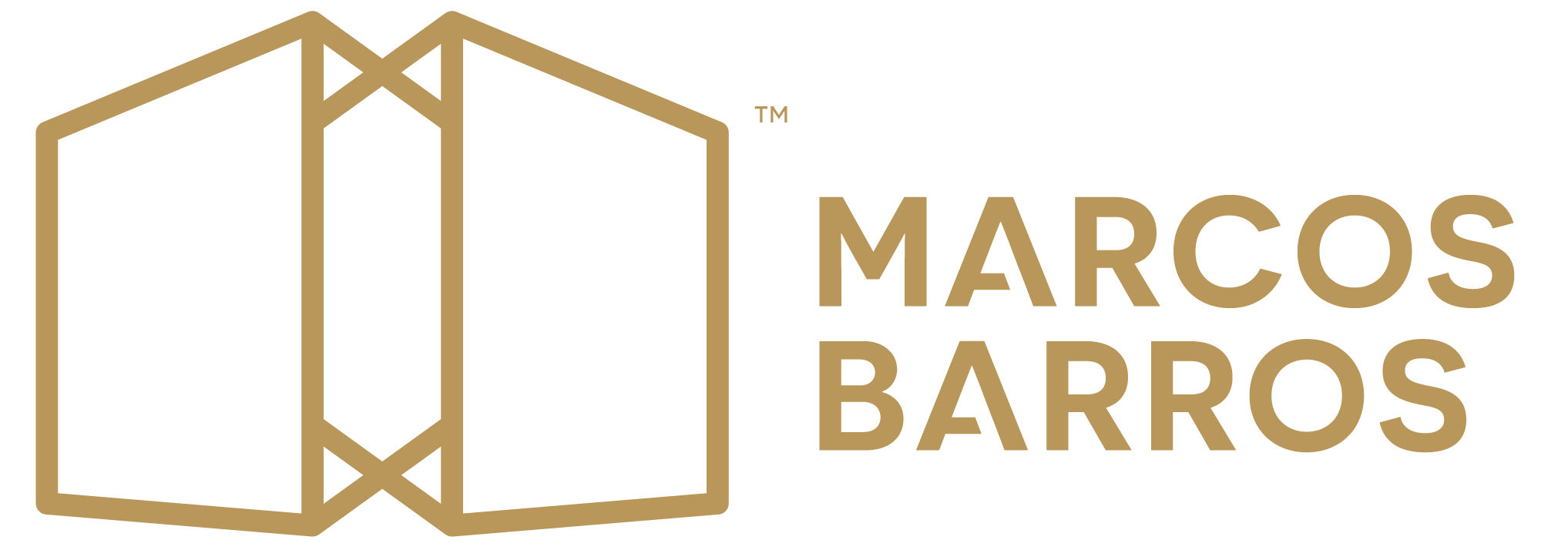Some people are really struggling with working from home. One of my mentees was recently in tears as her child would not stop crying during a crucial zoom call she had with her board. I also mentioned in my last video another client whose teams are having memory problems due to a lack of physical references in virtual meetings. Some companies are reporting what they now call “zoom fatigue”. Many people are fed up with virtual calls.
But of course, it´s not all bad. Many organisations saw an improvement in productivity with people working from home.
I believe that the companies suffering the most are the ones that have a controlling management style. We inherited from the industrial revolution this concept that workers need to be visually supervised to make sure they are doing what they are supposed to do. In the office environment, this is sort of possible to do. I am there, sitting at my desk, typing the keyboard, so I am supposedly working as I should. Am I?
So, working from home is forcing us to accelerate a revision of this old model, but it has to be replaced by something else. And this is where OKRs can be extremely helpful.
I believe the keyword here is ENGAGEMENT. If you have a passionate and engaged workforce, they don´t need to be in the office to be productive. A Deloitte Review in 2015 shows that no single factor has more impact on employee engagement than clearly defined goals that are written down and shared freely. And this is exactly what OKRs are.
The fact that anyone can contribute to the objective creation process, gives a sense of ownership to the goal, which also increases engagement.
OKRs should also have inspiring objectives. It means that mainly for the strategic ones, they should produce this visceral and tribal sense of belonging together to a greater purpose. The same kind of feeling football fans have during a match.
We are emotional beings, all our decisions are strongly influenced by what we feel, so if your people are emotionally connected to what they do, productivity will increase. Inspiring OKRs can be the framework to create it.
And lastly, OKRs measure RESULTS and not time spent on something. If I am the owner of an OKR or even a Key Result, I know exactly how to measure my progress. If the KRs were properly created, it´s all truly clear there. If I am not being productive, I will not see the needle moving in my Key Results. It´s that simple.
And there is the social aspect. As OKRs are transparent to the whole organisation, everyone will see my progress or lack of it. And I don´t want to be seen as the weak link, the slow guy in the process. So, I´d bet be productive.
We could add here a dozen more reasons why OKRs can make remote work more effective, but in my experience, these are the most relevant ones.
What about you? What is your experience working from home? Please let us know in the comments below.
Stay safe!

Recent Comments